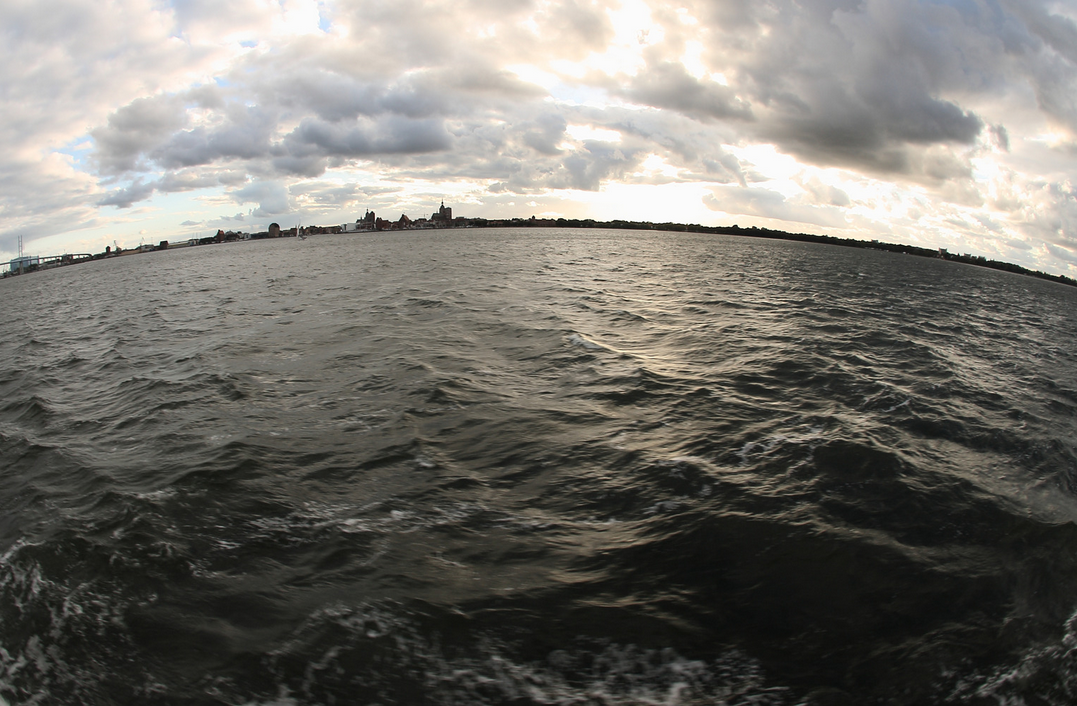The 77-kilometer Balticconnector gas pipeline and a subsea cable between Finland and Estonia were affected, along with another cable connecting Estonia and Sweden. The vessels suspected in the incident include a Russian state-owned nuclear-powered cargo ship, the Sevmorput, and a Hong Kong-registered cargo ship, the NewNew Polar Bear, traveling with the Russian vessel.
While subsea cables are often vulnerable to accidental damage, this case is believed to be intentional. Russia, particularly since the Nord Stream gas pipeline explosion in September 2022, has posed a threat to vital subsea cables in the region. NATO established a subsea cable task force earlier this year due to the heightened risk of Russian sabotage. With Finland joining NATO and Sweden in the process of joining, the deliberate damage to cables is suspected to be a retaliatory move by Russia.
A twist in the investigation involves a Chinese vessel, the NewNew Polar Bear, being identified as the prime suspect in damaging the Balticconnector gas pipeline. The vessels were in the exact location when each cable and the gas pipeline were damaged. Russia and China deny involvement, and the situation becomes murkier as the operator of the Chinese vessel is initially reported as Hainan Xin Xin Yang Shipping Company, but an update to the ship’s paperwork changes the operator's name to Torgmoll, a Russian company specializing in maritime trade with China.
The deliberate targeting of subsea cables and gas pipelines during peacetime falls within the grey zone—coercive actions below the threshold of armed conflict. Attribution is challenging, and the incident adds complexity to geopolitical tensions. The ripple effects from these attacks are likely to extend beyond the Baltic Sea, and the situation warrants close global attention.




